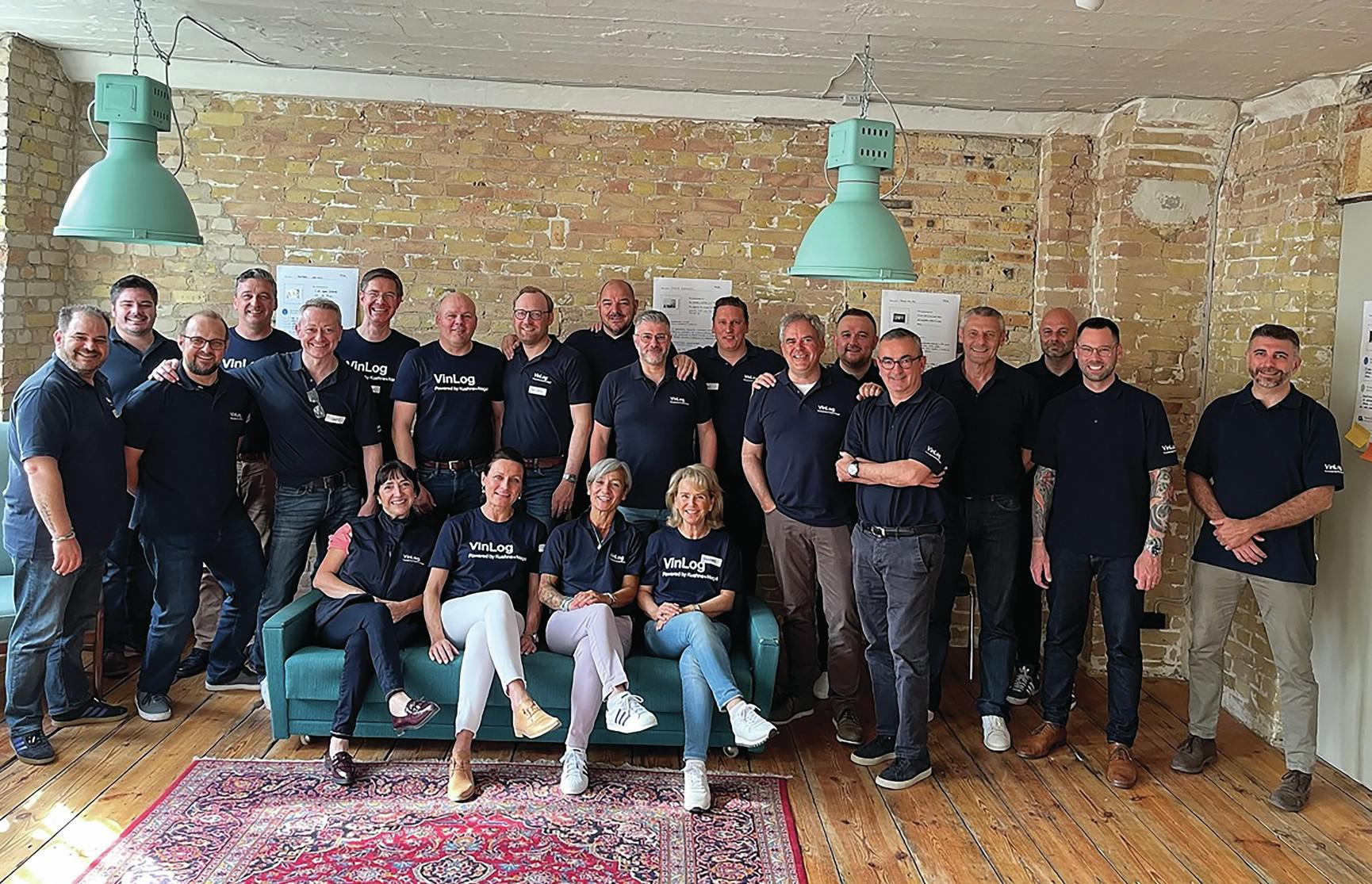Team Green: how VinLog is tackling shipping emissions
By db staff writerVinLog offers solutions for drinks companies that are looking to avoid, reduce, or offset the carbon footprint of their shipping activities.

Since 2020, the pandemic has affected worldwide logistics for the beer, wine and spirits industry, as well as the buying habits of customers. As the global head of VinLog, Kuehne+Nagel’s beverage specialists, Horst Mueller understands the effects at ground level.
“Before 2020, wine was largely consumed in restaurants when people would go out with their family and friends. That all changed when Covid hit, and restaurants closed,” says Mueller. “Almost everyone was suddenly enjoying wine at home. Even though consumers are now going out again, their alcoholbuying habits are not the same as before the pandemic.”
With many years of experience in the wine industry, VinLog powered by Kuehne+Nagel offers market-specific knowledge, and can deliver sustainable, tailor-made solutions that include transport, storage and distribution. VinLog has identified that customers are becoming more aware of sustainability when it comes to making choices. “People are more conscious about buying sustainable products, and they prefer locally produced beverages transported over shorter distances,” says Mueller. “With wine, it’s worth keeping in mind that in most countries the domestic market is far bigger than the export market. But it’s always great to buy a bottle from further afield as it makes you feel like you’re getting a small taste from that part of the world. Even when consumer spending changes, this desire never goes away completely.”
There are numerous green solutions available for drinks companies looking to transport their products in a sustainable and CO 2-neutral way. “Kuehne+Nagel offers complete climate-neutral shipment options,” explains Mueller. “Customers can choose to avoid, reduce or compensate their shipping carbon footprint by opting for biofuels that instantly reduce CO 2emissions, for example. We can also help with offsetting, suggesting lower-emission transport routes, or providing environmentally friendly warehouse management, equipment, and packaging materials.” As for whether consumers are spending more or less on alcoholic beverages after lockdowns, VinLog is cautious.
“During the pandemic we saw an increase in consumer spending,” says Mueller. “People were buying different wines, and trying out more high-end products. With the rise in inflation globally, I think we are seeing that trend starting to diminish, and now consumers are looking for cost-friendly options.”
Despite this, Mueller is sure about one thing: “In general, people who enjoy a good glass of wine will continue to buy — they may simply change their consumption patterns a little.”
VinLog operates via all modes of transportation: sea, rail, road, and air. Services cover full container loads (FCL), less than container loads (LCL), temperature-controlled transportation, bulk (flexi tank/ISO tank), and protective services. B2C e-commerce fulfilment is also available in select markets.
Listen to Kuehne+Nagel’s latest seafreight podcast to hear more assessment of drinks-industry market developments. You can find it at kuehne-nagel.com
Related news
What brought Bijou to the south of France?
Why first-party data is a winning formula for alcohol brands
Capturing 'the true essence of each region' in the Pata Negra range
